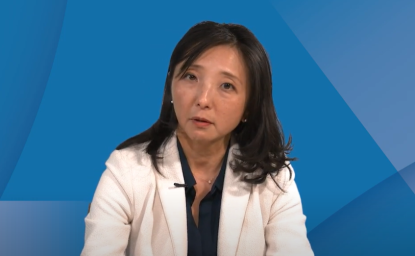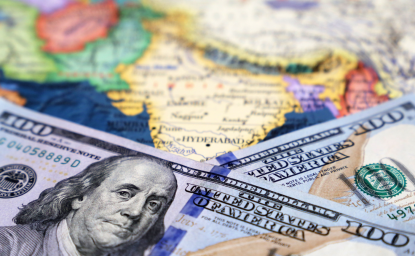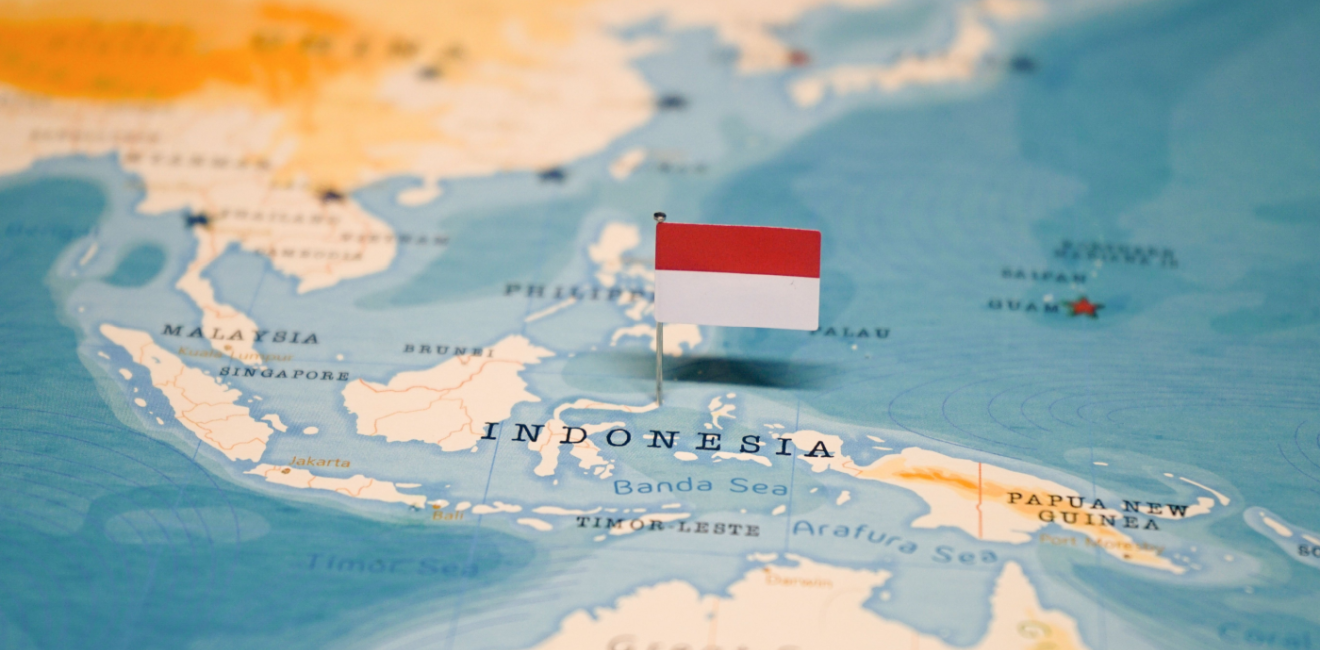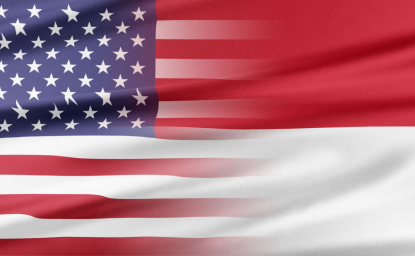If Indonesia’s defense minister and former general Prabowo Subianto is set to be inaugurated as Indonesia's next president as initial polls indicate, he would preside over the world’s fourth largest country on a trajectory to becoming a top economy and credible middle power. How he governs Indonesia will have implications for its foreign policy, including its relationship to the United States during a time of rising strategic competition and shared challenges.
Prabowo is no stranger to the US. The ex-son-in-law of Indonesia’s former strongman Suharto who governed Indonesia from 1967 to 1998, Prabowo received US military training in the 1980s and was banned from visiting the US due to human rights violations that emerged in the 1990s. That ban was lifted after he became defense minister in 2019 under Indonesia’s incumbent president Joko “Jokowi” Widodo. During his tenure as defense minister, US-Indonesia security ties have intensified in areas such as exercises and maritime domain awareness even as Jakarta has looked to Beijing as a key economic partner. Indeed, Prabowo himself presided over the signing of some new defense-related deals when he was in Washington back in August 2023. More broadly, he has been part of a Jokowi administration that upgraded ties with Washington in November 2023. This in spite of challenges in some areas, including the lack of alignment on the Israel-Gaza conflict and the obstacles to a far-reaching critical minerals agreement which Jakarta had proposed.
Prabowo’s rise to the presidency would likely bring a mix of continuity and change in Indonesia’s foreign policy approach relative to Jokowi’ decade in power. More of the public focus will be on continuity, especially how Prabowo – whose vice-president is Jokowi’s son after some controversial political maneuvering – may sustain Jokowi’s policies such as commodity downstreaming and securing foreign investment for infrastructure projects like an ambitious plan to relocate the country’s capital. Yet there will also be aspects of change. Unlike Jokowi, known for his unassuming manner and little interest in geopolitics, Prabowo has a more off-the-cuff, temperamental style, a nationalist bent, and established international relationships. He does not shy away from controversial topics – for instance, he recently floated a peace initiative for the Russia-Ukraine war and criticized the West for palm oil export restrictions. His administration could see an Indonesia that is more comfortable on the global stage, more active on geopolitical issues and more sensitive about sovereignty concerns including in the South China Sea.
A Prabowo foreign policy would in turn likely create both opportunities and challenges for US policy. Some of the opportunities could continue from the ongoing follow-up work on the comprehensive strategic partnership (CSP) the two countries reached in November 2023. This includes sectoral cooperation on semiconductors that Washington is looking to promote with Indonesia and other key Southeast Asian countries such as the Philippines and Vietnam. Previously unexpected opportunities could also emerge under a Prabowo presidency as well, including on defense and geopolitics given his greater interest in these areas relative to Jokowi. This could help build momentum on some of the relatively newer realms of cooperation that may not necessarily be as visible in the public domain, including in the cyber and space realms. Some opportunistic and transactional economic deals could also emerge to help balance the relationship that still at times appears too security-focused, even if the skepticism on trade in Washington and economic nationalist tendencies in Indonesia gets in the way of broader strategic alignment.
On the other hand, there will also likely be challenges that Washington will need to navigate. Prabowo’s nationalist bent and temperamental style may at times complicate ties with some of Indonesia’s neighbors and even some US allies and partners in the Indo-Pacific and beyond. And though his time in office may see US gains in some areas, there could just as easily be deals with China that continue to raise questions about how Jakarta’s economic reliance on Beijing is spilling over into strategic realms. While this may be perceived as Indonesia being a “swing state” between China and the US amid strategic competition, Jakarta’s view will continue to be how to extract the most out of both powers and engage more partners for Indonesia’s own interest. Despite Prabowo’s efforts to reinvent himself, his tenure is also likely to see more scrutiny from segments of the Indonesian population about the country’s democratic trajectory given his past record and the country’s present state. As with some of its other key relationships in Southeast Asia, US policymakers will need to address these concerns while balancing ideals and interests.
Should Prabowo’s victory be confirmed, the exact trajectory of a Prabowo presidency will become clearer during the rest of 2024 and into 2025. The next Indonesian president is set to be officially inaugurated only in October 2024, which leaves a relatively long transitional period from the election results to when the country gets a new leader. That leaves more room for zigs and zags in US-Indonesia relations along the way. Jokowi is still in office for a few months during the presidential transition as both sides follow up on the recent CSP, and his efforts to cement his legacy during that period and beyond could well have spillover effects on foreign policy and US ties. On the US side, with an election approaching in November 2024, the return of Donald Trump to the scene would certainly insert yet another variable into the trajectory of US-Indonesia relations. Some Indonesian interlocutors have also expressed private concerns about potential changes in a second Biden term, including an overwhelmed US being unable to sustain the high level of resourcing needed to fully implement a robust Indo-Pacific strategy in the face of multiple crises abroad and polarization at home. These uncertainties do not change the underlying logic of US-Indonesia cooperation. But they do reinforce the importance of continuing to tend to a consequential relationship in the months and years to come despite changes along the way.
Author

CEO and Founder, ASEAN Wonk Global, and Senior Columnist, The Diplomat

Wahba Institute for Strategic Competition
The Wahba Institute for Strategic Competition works to shape conversations and inspire meaningful action to strengthen technology, trade, infrastructure, and energy as part of American economic and global leadership that benefits the nation and the world. Read more

Explore More
Browse Insights & Analysis
Asia Program Director Shihoko Goto on 'What Is Strategic Competition?'



